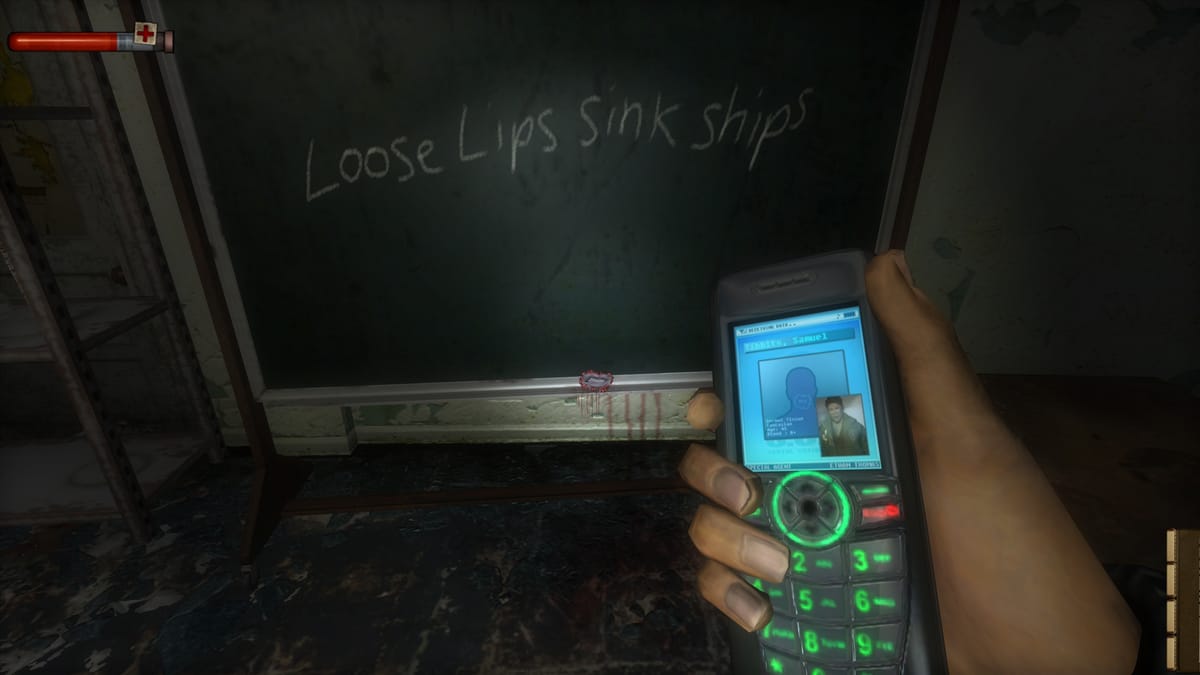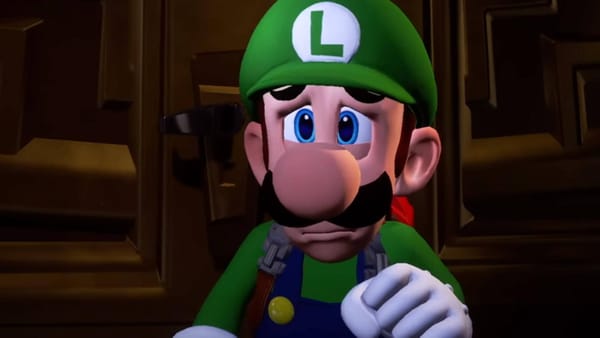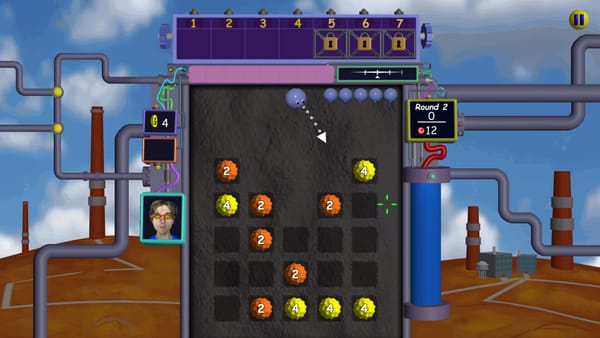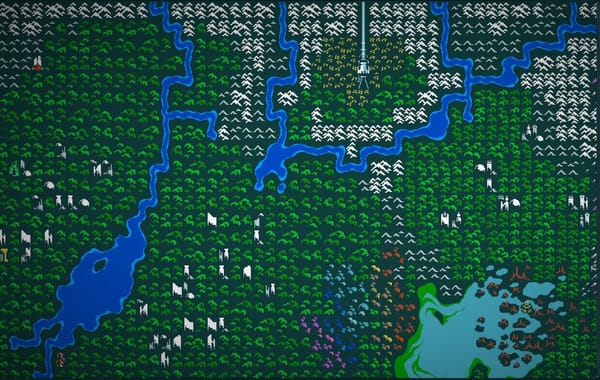Condemning Criminal Origins
...or how I learned to stop caring and criticize violence.

CONTENT WARNING: VIOLENCE, ADDICTION, HOMELESSNESS.
I’m irked by Naughty Dog. I was never able to get into the Uncharted series. Its mobility, platforming and shooting mechanics are excellent, and I appreciate the small details in the game, like how Nathan Drake’s regenerating health ability is represented diegetically. Nathan doesn’t ever take direct hits from gunfire. Bullets whizz by, barely missing him by a hair-strand, the screen grows darker and darker, until he fails to find proper cover and a single bullet takes his life. Drake’s Fortune had the first instance I ever saw of detailed wet cloth physics. Nathan would dip into a lake, and only the parts that were underwater would emerge dripping wet, drying up over time, a novelty in 2007.
My problem is with the violence inflicted by Drake and his companions. Nathan is supposed to be this lovable, scruffy underdog, ready to unload quips and snappy one-liners as he weaves through danger, but he comes off as a bit of a psychopath, uncaring towards the hundreds of people he kills each game. He primarily massacres People of Color, then delivers some comedic dialogue. The dissonance of his actions when compared to his supposed personality throws me off. This is the hero we’re supposed to be rooting for?
The Last of Us focuses on philosophical conversations about revenge and the violence we are willing to commit to ensure not just our survival, but the survival of those we love. However, Joel brutalizes enemy necks in gratuitous and cinematic ways, presented front and center for entertainment purposes, which ultimately lessens the impact of the game’s criticism of violence. Ludonarrative dissonance is the key term here, when a player’s action through gameplay contradicts what is presented in the story and cutscenes. Ludonarrative dissonance occurs not as a failure to implement violence-in-itself, but the inability to properly contextualize the violence players will use.
I would be a hypocrite if I stated that I disliked violence in games. Most of my favorite games are violent, many gratuitous in their stylized portrayals of blood and gore. Videogames as cultural media allow us to reflect on the nature of violence, especially in these virtual worlds, free from real-world consequences, along with the moral and ethical conundrums such spaces allow us to explore. I believe violence is, and forever will be, a burden, not a tool to be used lightly and without consideration.
As cultural objects, games are not excused from having their violence examined and criticized. Properly contextualizing violence can still produce a game that informs and augments bias and prejudice. This leads me to the game we will be reviewing today. Condemned: Criminal Origins is often lauded as a masterclass of horror, but its portrayal of brutal violence against addicts and homeless people is dangerous in how it can feed into implicit, reactionary beliefs that can excuse or desensitize us to the real-world harm un-housed people and drug-users face.

Condemned: Criminal Origins offers us brutal melee combat from a first-person perspective, with a darkened atmosphere that serves to accentuate the horror. You are placed in the shoes of FBI Agent Ethan Thomas, dredging through the abandoned buildings of a city gone mad, on the hunt for a deranged serial killer. The core mechanics are brilliantly designed and serve to heighten the distress and fear of the players. Melees are a frenetic scramble. Guns and ammo are scarce, weapons break mid-combat leaving you defenseless and vulnerable, scurrying through dirty, blood-soaked floors searching for pipes and planks to bash the heads of your would-be attackers.
The horror is effective, in the sense that it relies on few jumpscares, which always serve to startle rather than terrify, allowing the atmosphere and gameplay to do the job of scaring the player. You are frequently ambushed and outnumbered in dark spaces. You run into the victims of psychotic murderers, executed in brutal and gory ways. The scarcity and durability mechanics present in Condemned remove a lot of power and agency from the player. Until it is returned, the moment you split a vagrant’s head open with an axe.
Condemned is by no means a badly designed game or shock-jock media. I am critical of the game’s use of violence, but it doesn’t mean the developers hate homeless people and addicts or made the game specifically to further increment bias against them. Nor do I believe fans of the Condemend games are horrible classists that advocate for the eradication of their fellow humans.
The goal of the game is not to outright shock you with the brutalization of vulnerable groups. Yet, there are problems in where the supposed horror resides and the way the game forces the player to commit violent acts from a morally advantageous position. As someone who cares for homeless people and addicts, who acknowledges the humanity in them and how our capitalist society has failed them, I was not able to join the praising crowds that flutter around Condemned.

Condemned’s failure in its implementation and use of violence arise not because of improper contextualization. Violence is justified in the game through the story and lore. There’s an acknowledgement that there’s some paranormal shenanigans about. Regular people are going crazy due to some cult-y interference, and so attack you without a second thought. One could argue Ethan engages in self-defense and rightful use of violence. Yet, this is the exact mechanism with which the game forces you to commit violence: you are a police officer, engaging in self-defense against hordes of maddened civilians. Self-defense in this instance involves tasing criminals, breaking their skulls with blunt weapons and chopping at their limbs with blades.
I can already decry this implementation of violence as justifying police brutality. All Cops Are Bastards (except Kim Katsuragi), and Detective Thomas is no exception. In a world gone crazy, rampant with serial killers and murderous psychopaths, the morally righteous FBI agent romps his way through dilapidated locales armed with whatever he can find, on the hunt to deliver justice to the serial killer that framed him for the murder of his blue piggy brothers.
As a result, the player is allowed the opportunity to feel no guilt and no remorse. Your actions are justified: you are committing violence under supposed reasonable expectations. The fact that the executions are presented in such gratifying ways for entertainment serves to heighten the moral absurdity of the displayed violence. The police can execute civilians in the name of self-defense, homeless people and addicts are crazy and deserving of the violence you inflict on them. It’s not your fault: they attacked you first.
Despite the fact I played way gorier and bloodier games, the violence on display disgusted me more than any other game I’ve played. This is, of course, a purely personal opinion, as most conversations around morality and ethics tend to be. If you like Condemned: Criminal Origins, and praise it as a horror masterpiece, all the more power to ya. Just one question: what are you afraid of in Condemned?

While I praise the horror in its design, I want to chastise the core of the emotional fear the player might feel while trotting through Condemned’s dirty environments. The fear element, that-which-you-are-afraid-of, is maddened civilians, crazed hobos and agitated junkies. The game incites literal phobia against those who live on the margins of society, and plants them as horrific murderers and violent criminals, therefore re-enforcing reactionary beliefs regarding addiction and vagrancy.
My own emotional experience of Criminal Origins was turbulent as a result. I truly tried to get immersed, to get scared. I wanted to be impressed by the game, I genuinely wanted to like it. I was shambling through darkened halls when I was ambushed by a group of homeless men. Outside of this virtual world, just down the street, there’s a man called Charlie panhandling passing cars. I beat the men up with my iron pipe, the last one is grievously hurt, and he attempts to flee. Charlie’s empty McDonald’s cup jingle-jangles to the tune of spare change. The survivor’s head is smashed open by a sledgehammer. I wasn’t afraid. I was mortified at my actions. I could think only of Charlie.
I wouldn’t consider us friends, but Charlie and I exchange hellos every time we see each other. When I have some spare bills, I hand them off to him. If I am smoking a cigarette, I’ll bum him a couple. Sometimes, Charlie doesn’t say hello or wave back at me. Charlie and I have a rapport, and I am not afraid of him, or people like him. Even if we weren’t casual acquaintances, I see in Charlie the same humanity I see in others, the will to persevere, the ability to feel kindness and the horrors of despair.
I play and write about videogames because they are underappreciated cultural gems. They can teach us so much about life, morality, fun - the various complex elements that encompass the human experience. There are no useful moral lessons to be learned from Condemned, other than how not to portray the bottom layers of our society.
Homelessness and addiction are not personal deficiencies, they are not individual choices made in a vacuum. They are the result of socioeconomic decisions made by the big and powerful, the product of an uncaring capitalist society that punishes those who cannot contribute to business as usual. Rather than posit them as people to be feared, they should be provided with care, safety and dignity. Talk to your local homeless, listen to their needs, and provide them with food and money if they consent to it. Their lives are at times more horrific than anything you can find in Condemned: Criminal Origins.






